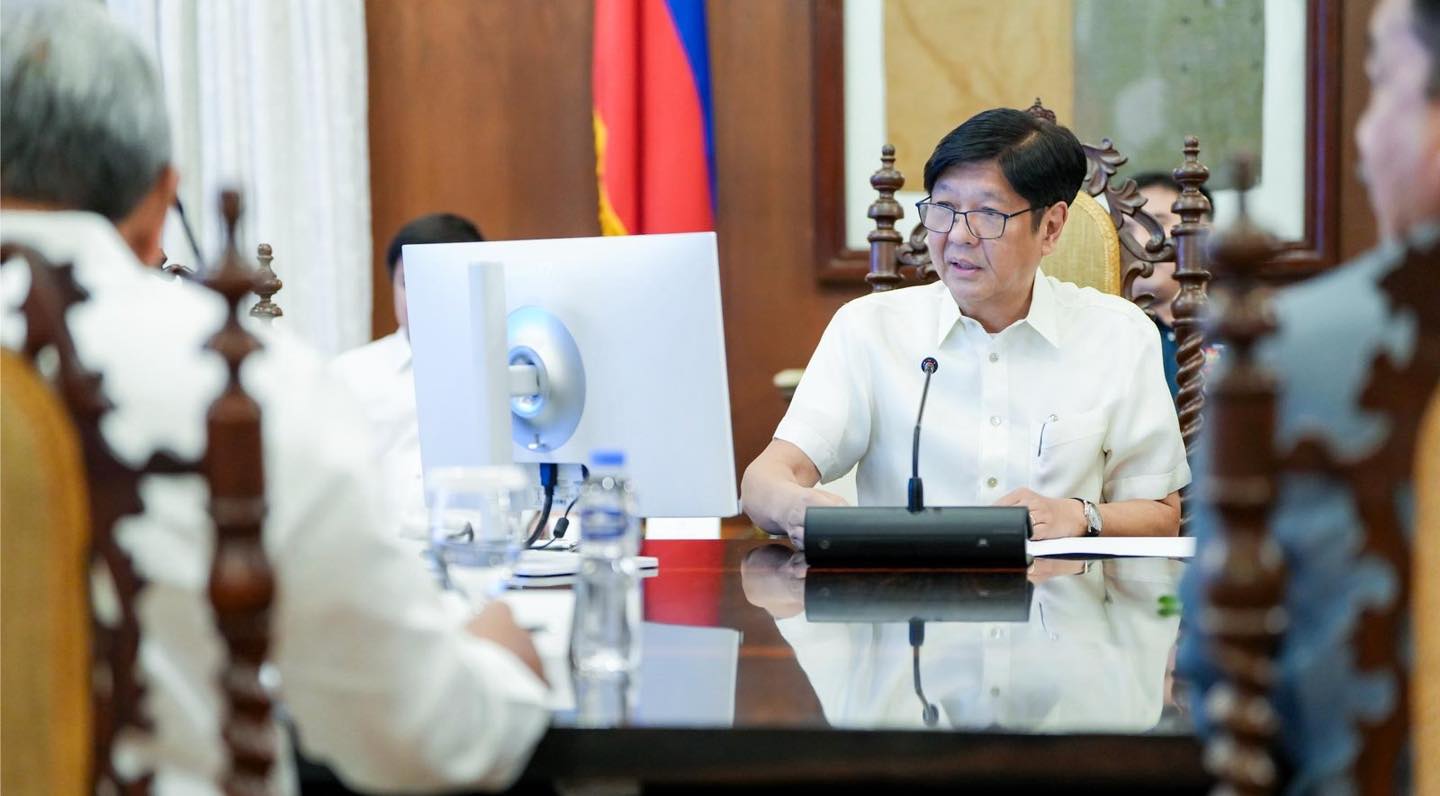
By Brian Jules Campued
President Ferdinand R. Marcos, Jr. has ordered the Maritime Industry Authority (MARINA) on Wednesday, Jan. 17, to standardize its maritime operations to align with global standards.
The President gave the directive during a meeting at the Malacañan Palace with MARINA chief Sonia Malaluan about the proposed Maritime Industry Development Plan 2028 (MIDP 2028).
The MIDP 2028 aims to establish a strong and reliable merchant fleet in the country to address its sea requirements in accordance with the national development agenda.
Its core programs include the modernization, promotion, and expansion of both domestic and overseas shipping; modernization of the Philippine shipbuilding and ship repair industry; and the promotion of a competitive maritime workforce.
However, the President noticed that many of the rules and operations in the maritime industry are obsolete due to the lack of a unified system governing the industry.
“These are all promotion, modernization but let us standardize first our systems and at the same time we undertake this like promotion of a highly skilled Filipino maritime workforce. ‘Yung ship building and ship repair, we haven’t done much to promote that,” the chief executive said.
“The rest are for further development. So let’s standardize our practices so that we will be the same with our international counterparts. We have to fix our house first. Because we have to compete and in order to do that we should have an even playing field and then we should gain an advantage,” he added.
President Marcos also pointed out the high cost of shipping in the country compared to other countries as, he said, it is cheaper to ship cargos from overseas than locally.
According to MARINA, among the reasons why domestic shipping is expensive include vessel size, the imposition of excise tax on fuel, and vessel quality.
The agency noted that vessels with international routes are huge so they enjoy economies of scale that reduce travel cost and fares.
When it comes to excise tax, MARINA stated that any ship traveling internationally is not subject to excise tax on their fuel because domestic shipping carries the burden of additional tax on fuel in the Philippines.
MARINA likewise mentioned the lack of interest from investors to put money in the local shipping industry, making old fleets continue to operate thereby contributing to lower vessel quality. – cf
